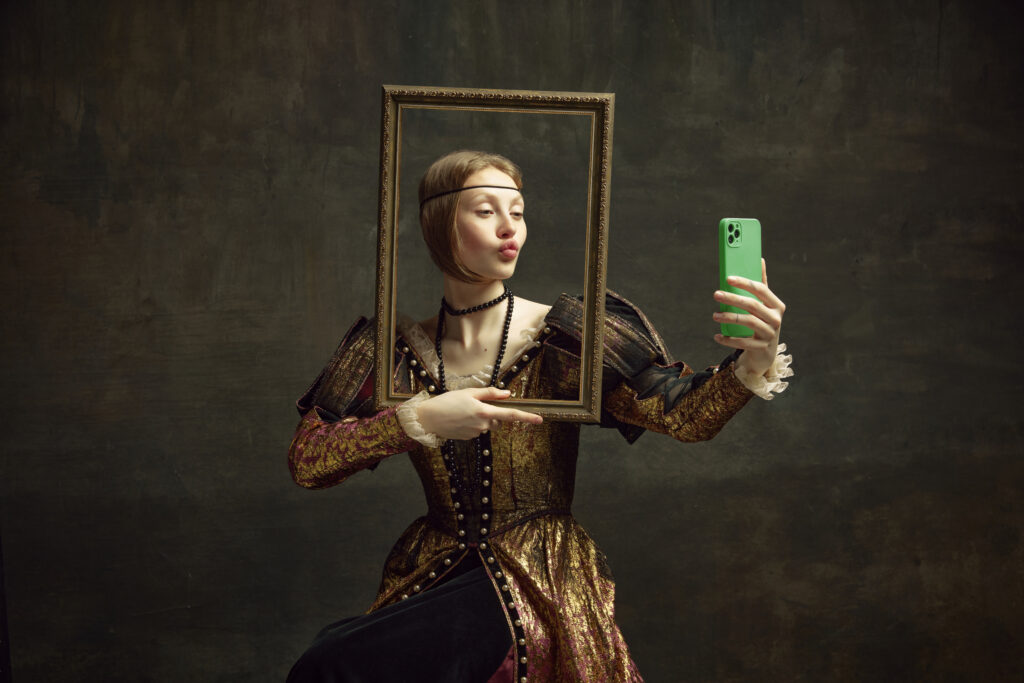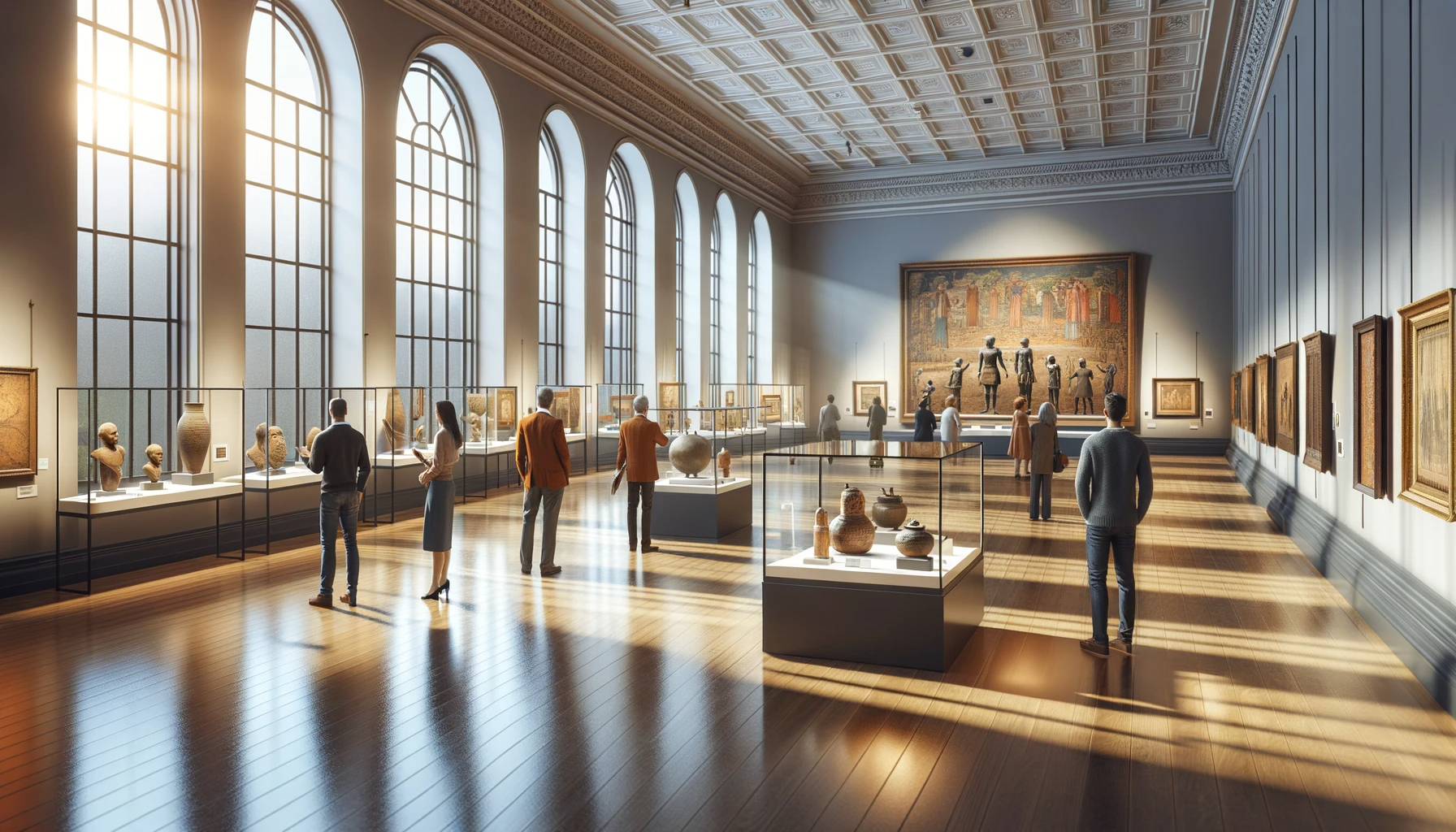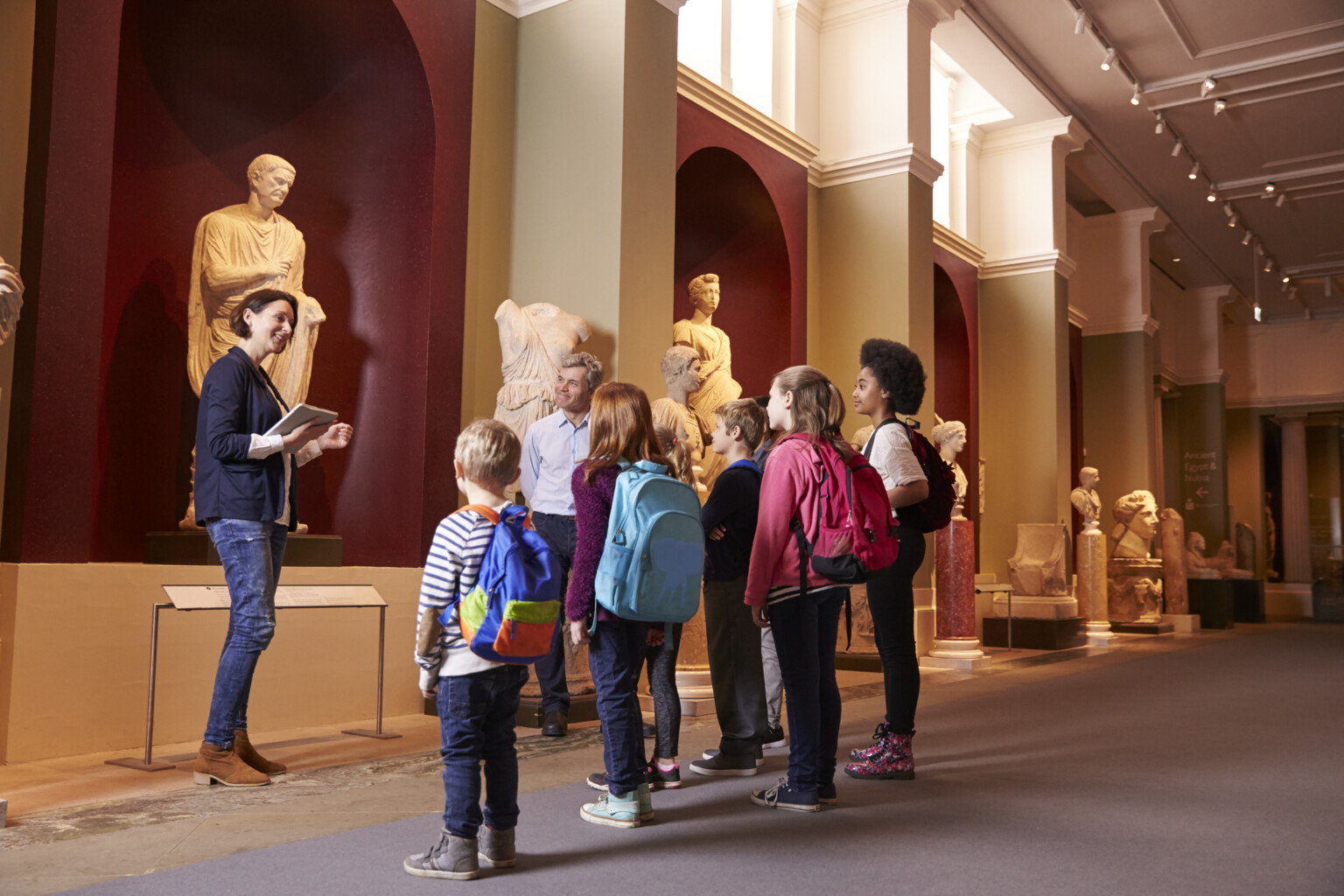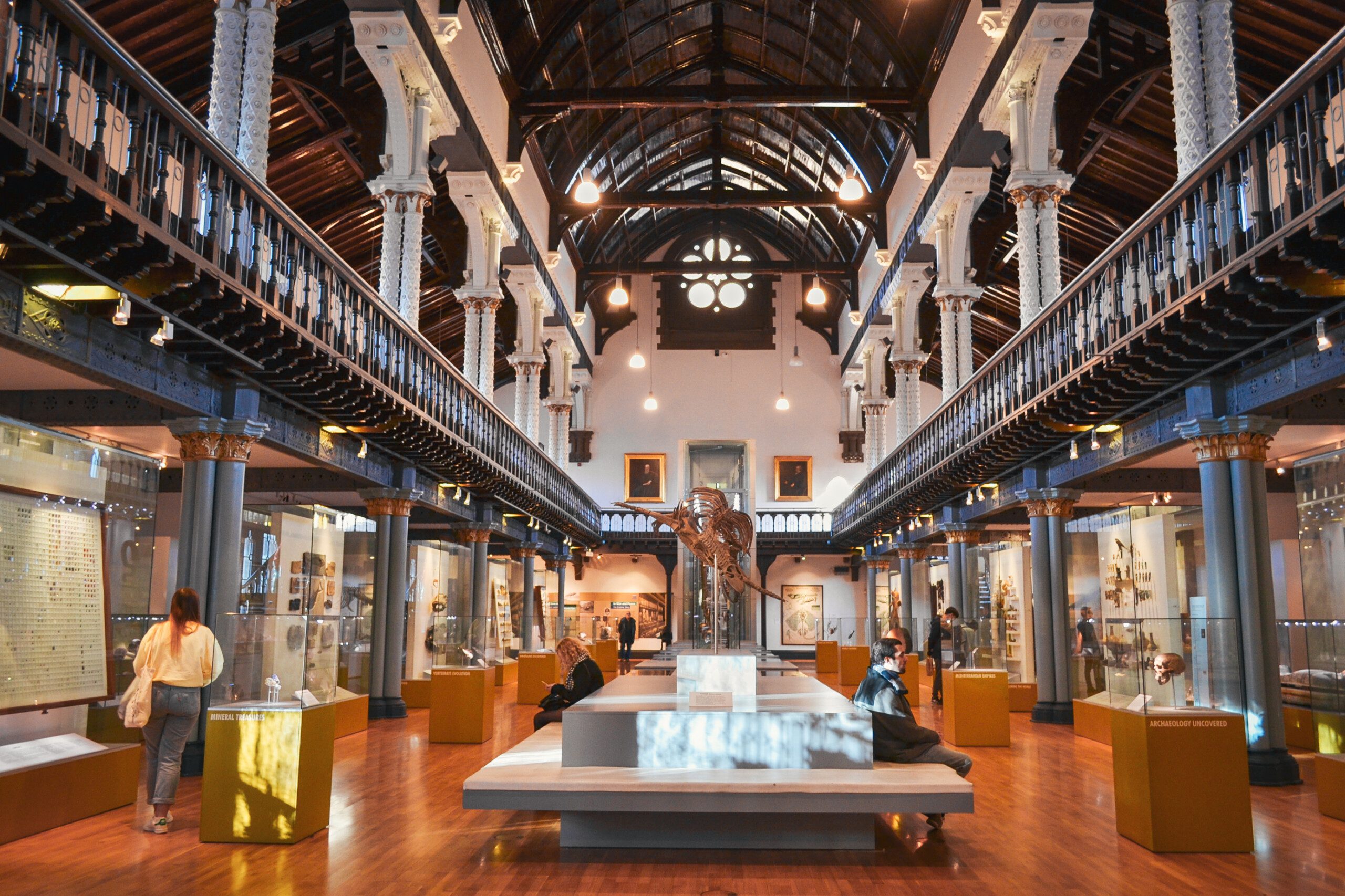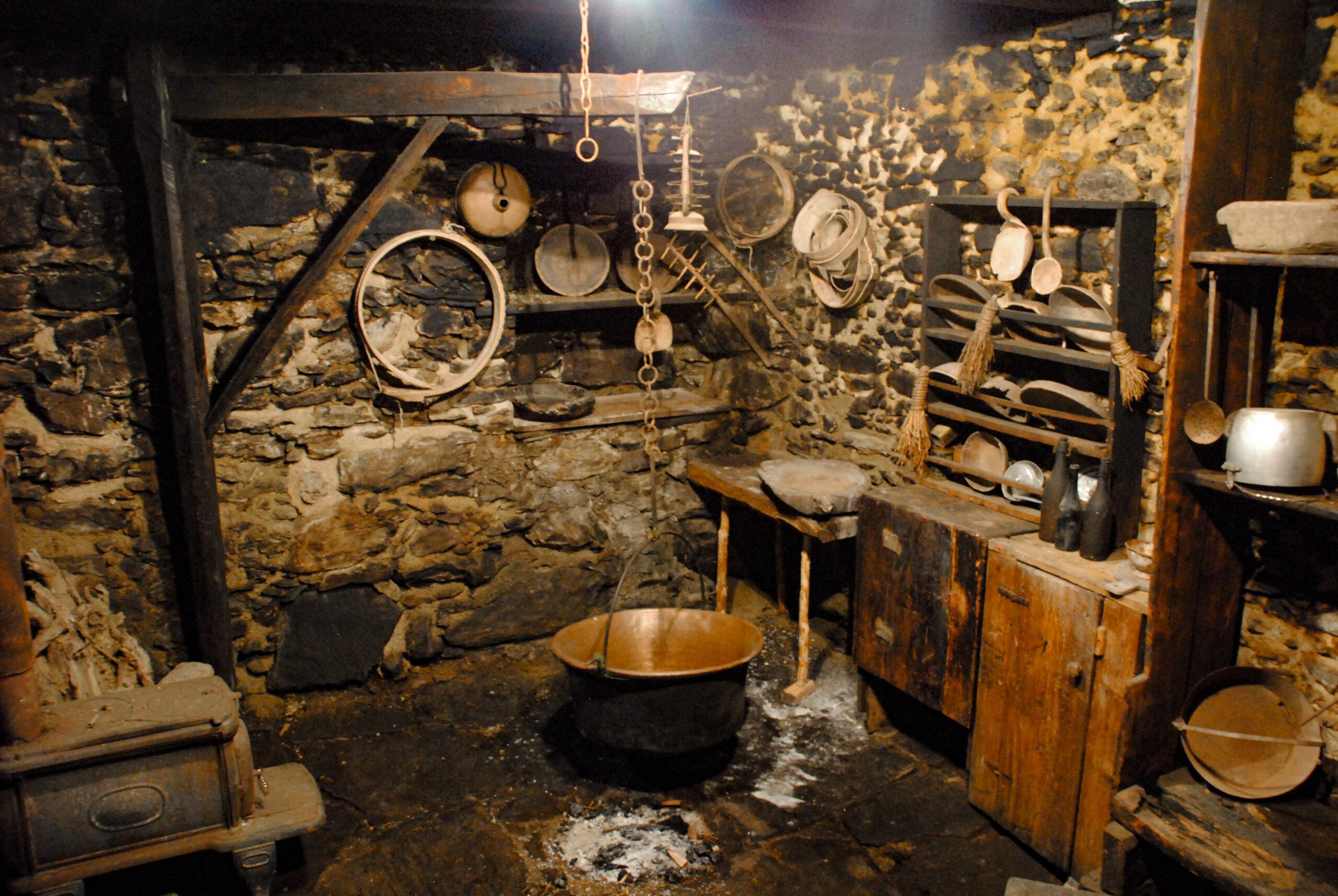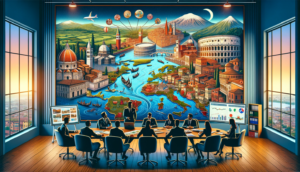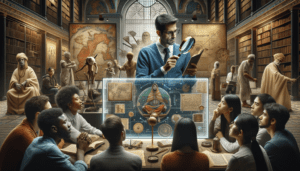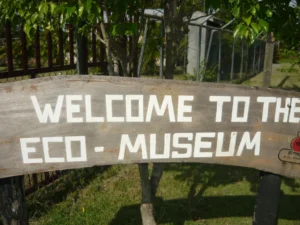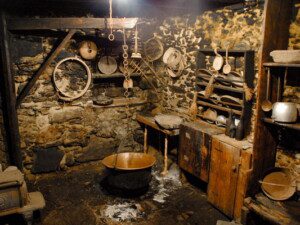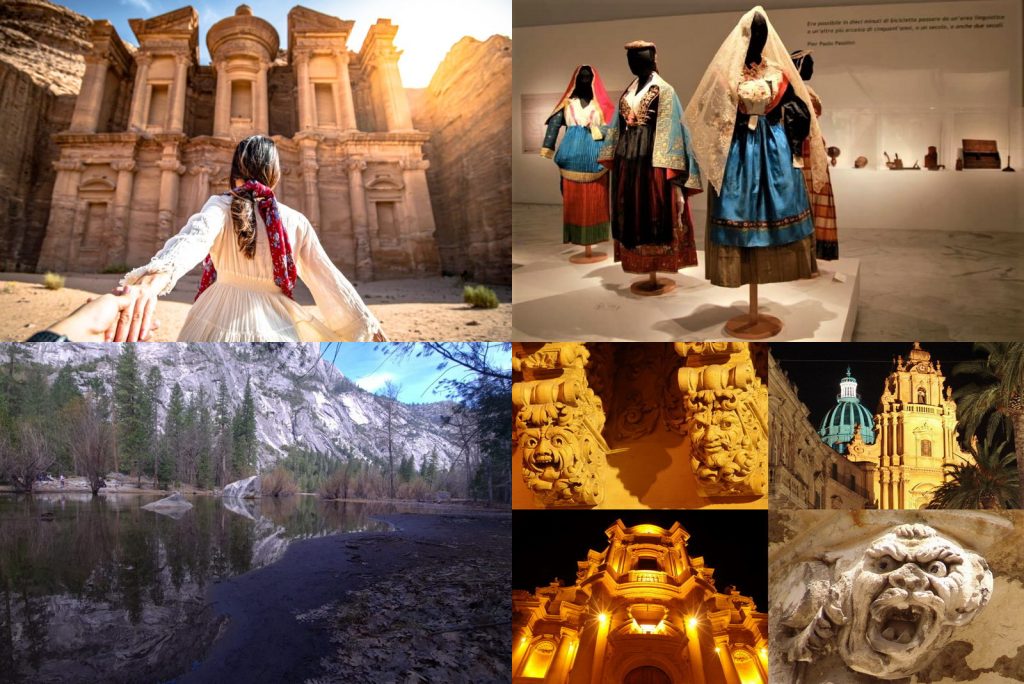Theater Director: Reference scheme
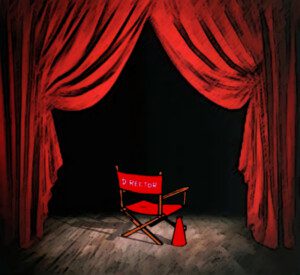
Scheme D) Unregulated profession without a defined scheme (provisional scheme)
The reference scheme is based on the 'modelSkills Cycle' and is in line with the 'Tourism, Arts, Heritage Competence Framework (TAH-CF)'. the TAH-CF is defined in accordance with the European Qualifications Framework (EQF), the Recommendation of the European Parliament and of the Council 2009/C 155/02 (ECVET) and the APNR (Non-Regulated Professional Activities) scheme adopted by UNI for the technical standardization of unregulated professions.”
The form is made available to all stakeholders in the cultural tourism supply chain in order to collect comments and useful elements for identifying the initial scheme. All interested parties are invited to improve the sheet by sending their contributions to info@aiptoc.it
Description
PAS3/P2: Theater Director (VI-VII-VIII Level EQF)
The Theater Director is the person who, in the context of theatrical production, directs a technical-artistic team, carrying out guidance and coordination work towards authors, screenwriters, actors, set designers, costume designers, audio and lighting technicians.
The Theater Director is therefore ultimately responsible for the overall quality of the work. Every aspect capable of affecting the quality of the product is the responsibility of the DIRECTOR: sets, costumes, photography, are the result of his decisions.
The implementation of individual activities is carried out by specialized professionals.
The duties of a Theater Director include:
- Interpretation of the Text: Analyze and interpret text or script to develop an artistic vision.
- Actor's Guide: Direct the actors, guiding their performances to align with the artistic vision.
- Collaboration with Technicians and Artists: Work with set designers, costume designers, audio and lighting technicians to develop the visual and sound aspect of the show.
- Test Supervision: Organize and conduct rehearsals, ensuring that all elements of the show are coordinated.
- Production management: Coordinate the logistical and organizational aspects of the theatrical production.
Provisional source: Atlas of professions (University of Turin)
Standards of Reference
- European Qualification Framework (EQF)
- Recommendation 2009 / C 155/02 (European Credit System for Vocational Education and Training - ECVET)
- Law 4/2013 relating to unregulated professions (Italy)
Profile Evaluation Criteria
To certify the possession of skills, it is proposed to take into consideration methodologies that take into account the following aspects in a non-mutually exclusive manner, i.e. possibly in combination with each other:
- Qualifications awarded in the academic field (Formal Learning)
- Specific Training (Non-Formal Learning)
- Work, professional or artistic experience (Informal Learning)
Work, professional or artistic experience can be demonstrated through various tools including:
- Curriculum Vitae
- Professional portfolio
- Objective placement on the market (awards, regional, national or international recognition)
- Publications (scientific or editorial)
Requirements for access to the professional figure
Since the professional figure is not organized in an order or college, the requirements may vary based on the relevant Professional Association or other criteria established by the individual interested parties. Below are the requirements adopted by AITOC - Italian Association of Tourism Professionals and Cultural Operators.
Note: The assigned EQF level (VI, VII or VIII level) is linked to the results of the final evaluation which will take into account the overall qualifications, specific training and work, professional or artistic experience
- Professionals who have attended courses in which the title of XNUMXst or XNUMXnd level academic diploma related to the professional figure in question is issued, issued by an Institute of Higher Artistic, Musical and Dance Education (AFAM);
Or
- Having attended specific training courses for the professional figure in question organized/recognised by Universities, Regions or professional associations established pursuant to law 4/2013 and recognized by the Ministry of Business and Made in Italy (MIMI ex MISE) and at least six months, even if not continuous, of proven work, professional or artistic experience in the relevant sector
Or
- Three-year degree and at least two years, even if not continuous, of proven work or professional experience in the reference sector
Or
- Second grade secondary school diploma and at least five years, even if not continuous, with proven work or professional experience in the relevant sector
Or
- Be included in the Registers of Professional Associations established pursuant to law 4/2013 and recognized by the Ministry of Business and Made in Italy (MIMI ex MISE) as long as they refer to the competence in question
Or
- Regardless of the qualification, recognition of the requirements by AIPTOC - Italian Association of Tourism Professionals and Cultural Operators (*).
(*) Note: it is believed, given the particularity of the figure of the artist in question, to recognize this professionalism regardless of qualifications but also taking into account solely the artistic experience. In this case, the evaluation of the following aspects is particularly important
- Curriculum Vitae
- Professional portfolio
- Objective placement on the market (awards, regional, national or international recognition)
-
Related searches on the Skills Archive Databases (UNDER IMPLEMENTATION)
Featured Heritage Interpretation
Featured training
Basic courses
High Specialization Courses





